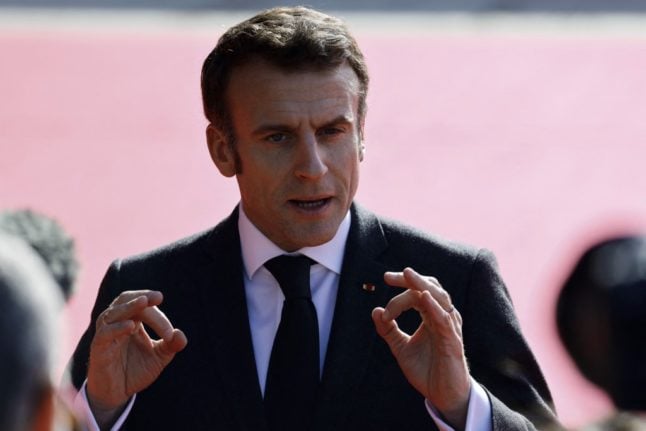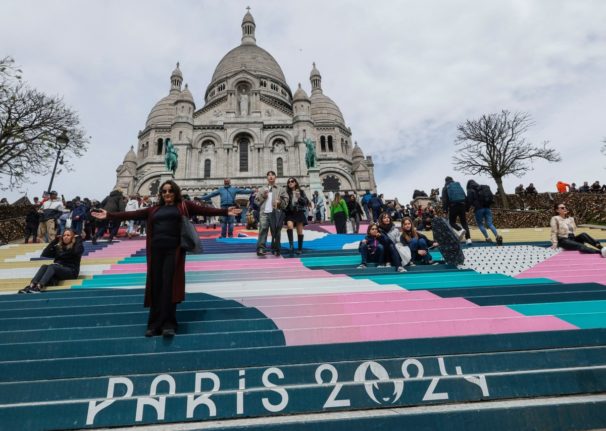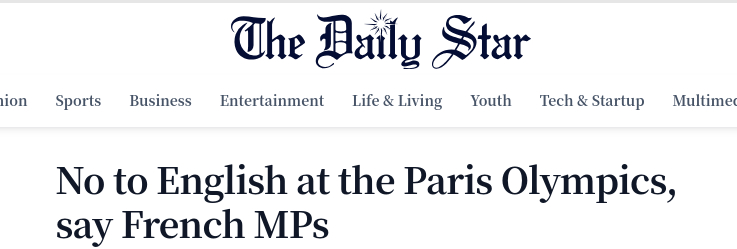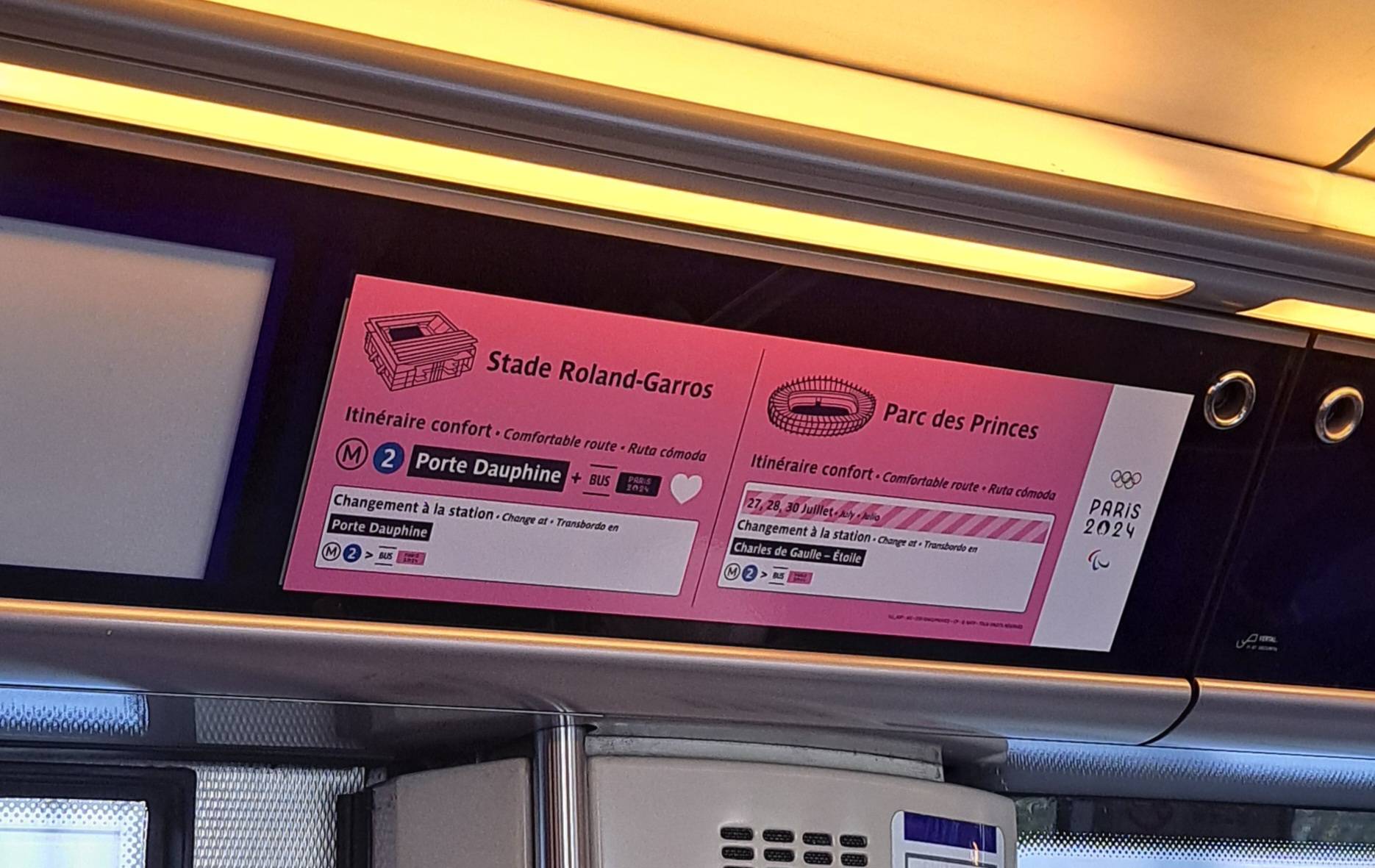France’s network is under pressure as state power company EDF races to restart dozens of nuclear reactors taken down for maintenance or safety work that has proved more challenging than originally thought.
Reduced gas exports from Russia as it cuts supplies in retaliation for Western sanctions over the Ukraine war have added to worries that gas-burning power plants might have to trim production.
“Stop it — we’re a major power, we have a great energy system, and we’re going to get through this winter despite the war,” Macron told reporters ahead of an EU/Balkans summit in Tirana, Albania.
“This debate is absurd, the role of the public authorities is not to breed fear,” he added.
OPINION France faces the real risk of power cuts this winter, and it cannot blame Putin
Macron had already urged people “not to panic” over the weekend, saying power cuts could be avoided if overall usage this winter was reduced by 10 percent.
But last week the government told local officials to begin preparing contingency plans in case targeted cuts were needed, possibly including closing schools until midday.
France is usually one of Europe’s largest electricity exporters thanks to its network of 56 nuclear reactors, which supply around 70 percent of its electricity needs.
But this winter it will be a major importer of power from Britain, Germany, Spain and other neighbouring countries, grid operator RTE said last week.
READ ALSO Schools, hospitals and trains – how France plans to deal with blackouts this winter
RTE’s chief Xavier Piechaczyk told Franceinfo radio that the risk of power cuts could not be excluded, “but it will essentially depend on the weather.”
Normally France’s 56 nuclear reactors can produce 61 gigawatts but with around half of the fleet offline, just 43 gigawatts are expected to be available by the end-January, he said.
And while France has the capacity to import up to 15 gigawatts, winter usage can surge to 90 gigawatts at peak hours, prompting the calls for energy “restraint” such as lowering thermostats and using washing machines and other appliances at night.
“Rule number one is that nothing is inevitable… Together we have the capacity to avoid any risk of cuts, no matter how the winter turns out,” government spokesman Olivier Veran told France 2 television on Tuesday.





 Please whitelist us to continue reading.
Please whitelist us to continue reading.
The frustration here is that one year ago we signed a contract to install solar panels and batteries which would have taken us off the grid and enabled us to contribute power for a lot of the time. However, despite being surrounded by houses with solar panels, because we (and all the other houses) are within 500m of a historic building, a bureaucrat at Batiments De France who has a personal bias against solar panels has totally blocked out planning permission even though the proposed panels are completely invisible from said building.
Until President Macron gets these bureaucrats on-side, France will continue to struggle.